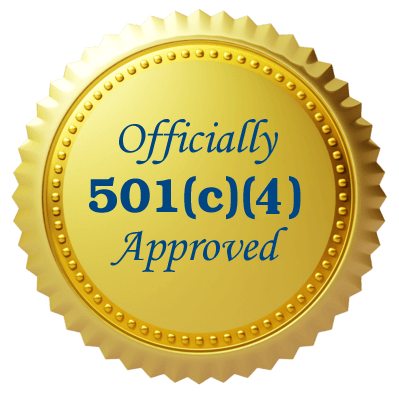Welcome to WordPress. This is your first post. Edit or delete it, then start writing!
Welcome to WordPress. This is your first post. Edit or delete it, then start writing!
Having this electoral ability [the initiative and referendum process] is a critical 'safety valve' for effective citizenship.
Edwin Meese, III Former U.S. Attorney General under Ronald ReaganWe are cleaning house and in order to clean house the one thing we need is a good broom. Initiative and referendum are good brooms.
President Woodrow Wilson"One big difference between initiatives and elected representatives is that initiatives do not change their minds once you vote them in.
Grover Norquist President of Americans for Tax ReformInitiative and Referendum is the citizen activist's 'ace in the hole'
Ralph Nader"The will of the majority, the natural law of every society, is the only sure guardian of the rights of man. Perhaps even this may sometimes err; but its errors are honest, solitary and short-lived."
Thomas Jefferson"Those states that have the initiative and referendum process have tended to have less scandals and more honest state government than those states without that process."
Paul Weyrich President of the Free Congress FoundationIf an American is to amount to anything he must rely upon himself, & not upon the State; he must take pride in his own work, instead of sitting idle to envy the luck of others. He must face life with resolute courage, win victory if he can & accept defeat if he must, without seeking to place on his fellow man a responsibility which is not theirs.
President Theodore RooseveltThe PIRGs have been a leading practitioner of the citizens initiative process to pass environmental, consumer protection, and good government measures. We will continue to use the process and will work to promote and defend the process itself.
Gene Karpinski Executive Director of U.S. PIRG

© Copyright 2025 by Nonprofit Website Deisgner
Hi, this is a comment.
To get started with moderating, editing, and deleting comments, please visit the Comments screen in the dashboard.
Commenter avatars come from Gravatar.